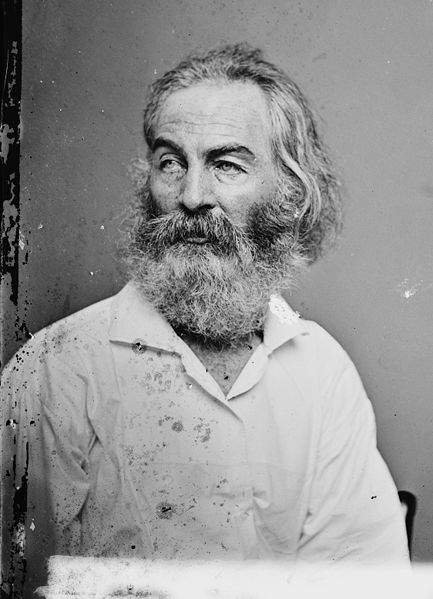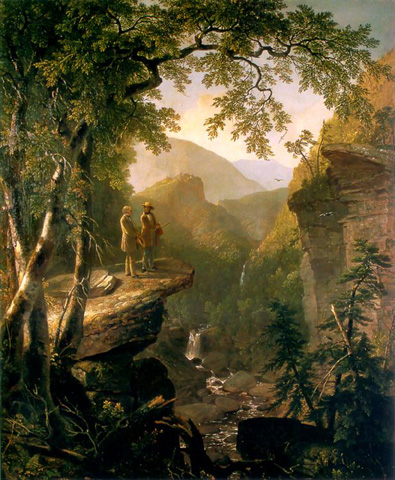“But reason has taught me that to condemn a thing thus, dogmatically, as false and impossible, is to assume the advantage of knowing the bounds and limits of God’s will and of the power of our mother Nature; and that there is no more notable folly in the world than to reduce these things to the measure of our capacity and competence.” – Montaigne
As I brought up the mystic in the previous blog, it calls for some clarification. In the above quote from the French writer Montaigne (translated) it's worth noting what he describes as the most "notable folly" of reduction in the process of our reason. Whether one believes in God or not, there's much mystery in the universe beyond our comprehension. We're all thrown into the world and have to make some sense of it and act accordingly. While I referred to myself as a prophetic progressive, I spent my time as an agnostic and can still appreciate the position.
I used the word "prophetic progressive" in the last blog entry to distinguish myself from the term secular progressive that's often heard in political commentary. The political commentator Bill O'Reilly, for example, who refers to himself as a culture warrior, makes sense of the political sphere as being a division between secular progressives and traditionalists. While I believe there's some truth in this model as to be useful, I don't expect it's the entire truth: I expect the reality of the situation to be more complex. But the term prophetic progressive can potentially lend itself towards a synthesis of this division in the political sphere.
But that can also be shaky ground. What I don't mean by a prophetic progressive is to imply something like, "God says we need to go here." Inherent in such a statement, as it seems to me, is the problem of reduction. Yet through humility and skepticism, I believe the issue can be successfully engaged towards inference. I beleive the reader would be right to be skeptical but wrong to be dismissive.
The Promised Land Project cites the poetic genius and other writers with the strain of the prophetic to to provide a rational argument of where we need to go as a society in the course of human evolution. My basic premise is that humans, by nature, are meant to love and be loved, not only on a personal and intimate level, but on a societal level. But love is something one feels and I recognize their are some legitimate obstacles toward this end as we continue down the road of the poetic genius. While I see obstacles, I see no impasse. And skepticism is encouraged.
Saturday, June 19, 2010
Subscribe to:
Post Comments (Atom)














No comments:
Post a Comment